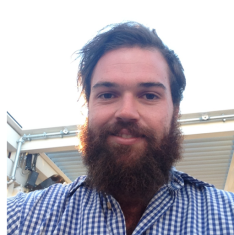Media Agencies in The Age of Automation – Will Your Role Survive?
A study conducted by the CSIRO examining the future for jobs and markets in Australia over the next 20 years predicts that up to 40% of current jobs will not exist by 2035. Carat Strategy Director, Andrew Hardeman, explores how media will stack up.
The media industry has, and continues to be, in a period of rapidly-fuelled technological advancement and automation.
Based on a 2015 study, strategic consulting firm, The Boston Consulting Group (AUNZ) has positioned Australia as leading the world in the programmatic space, with no signs of slowing.
According to a state of the industry report issued by AdRoll in February this year, 92% of marketers in Australia and New Zealand intend to increase their programmatic spend in 2016.


Hi guys, I started in a publisher sales role about 4 months ago, having not even known what programmatic even was! The company I work for will only accept direct inventory sales which I am worried is going to impact my role in future. Can anyone give me some sound advice on what I should do?
@mrconcerned If I were you, I’d remain concerned, and keep a recruitment agent on speed dial.
Many agencies and companies only buy digital programmatically, meaning if your inventory isn’t available via DSP, you’re going to lose out on dollars.
In your shoes, my strategy would be to focus on bespoke and tailored content advertiser solutions, whilst keeping my cv up to date.